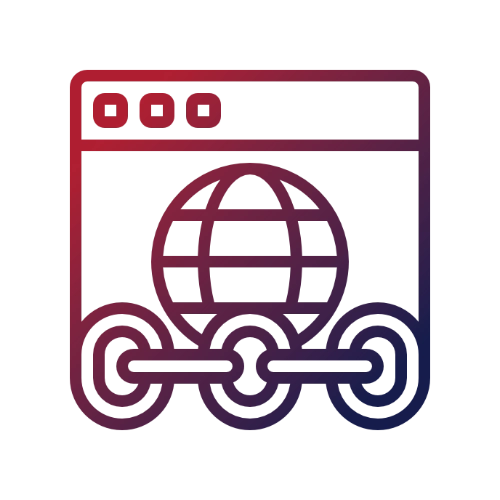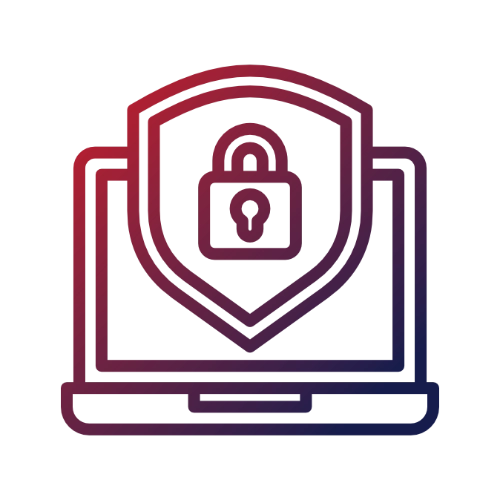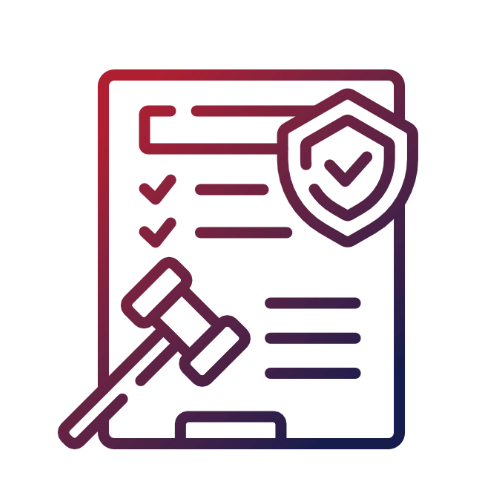
Compliance with the CRA (Cyber Resilience Act)
The Cyber Resilience Act (CRA) is the first comprehensive regulation in the European Union concerning the cybersecurity of products with digital elements.
It covers software, IoT devices, applications, cloud platforms, firmware, computer hardware, and operating systems introduced to the EU market.
Cyber Resilience Act (CRA)
The CRA imposes obligations on manufacturers, importers, and distributors regarding:
- Risk assessment,
- Security throughout the entire product lifecycle,
- Reporting vulnerabilities and incidents,
- Providing security updates,
- Documenting compliance with security requirements.
The CRA will come into force in 2027, but documentation and operational obligations must be implemented earlier.
We support companies in preparing for the new regulations—both technologically and formally.

Benefits of CRA Implementation
Compliance with EU cybersecurity regulations

We ensure full compliance with the Cyber Resilience Act—from risk assessment to CE marking.
Market access within the European Union

Products that do not meet CRA requirements will not be allowed on the market after 2027. CRA compliance is a condition for continued sales.
Minimized legal liability risk

With proper documentation and compliance, you reduce the risk of penalties, lawsuits, and reputational damage.
Secure product lifecycle

The CRA requires a “security by design” and “security by default” approach—we help you implement these in your product development and management processes.
Increased trust from customers and business partners

A product that meets CRA requirements signals to the market that your company takes digital security seriously.
CRA Compliance Implementation Process
Who is CRA implementation for?
The service is intended for companies introducing digital products to the market that are covered by the CRA regulation, including:
- Developers of desktop, web, and mobile software
- Companies creating IoT devices, embedded solutions, firmware
- Cloud service providers (SaaS, PaaS, IaaS) and digital services
- IT integrators and electronic hardware manufacturers
- Startups and scale-ups planning EU market expansion
- Importers and distributors of non-EU digital products
What does the CRA compliance service include?
- Audit and CRA applicability analysis
- Risk assessment of digital product usage
- Preparation of CRA-compliant documentation
- Consulting on implementing “security by design”
- Security update and vulnerability management procedures
- Preparation of declaration of conformity and CE marking support
- Training for development and compliance teams
- Support in communication with EU supervisory authorities
- Integration with ISO 27001, NIS2, GDPR, and national regulations (UoKSC)
FAQ – Frequently Asked Questions About the CRA
Does the CRA apply to my company if I only sell software?
Yes — if you offer software (even digitally) in the EU market, your company may fall under CRA, especially if the product impacts user or system security.
When does the CRA come into effect?
The CRA is being phased in, but most obligations will apply starting in 2027. However, earlier adjustments to production processes, documentation, and support are required.
Does the CRA only apply to new products?
No—it also applies to updates and the continued sale of existing products if they will be updated or developed after CRA enforcement begins.
Do I need a CRA compliance certificate?
Not every company needs a certificate—but all must have a declaration of conformity, technical documentation, and implemented security measures. Some products may be classified as critical and require notification.
How does the CRA relate to other regulations (e.g., RED, NIS2, GDPR)?
These regulations often complement each other. We help with their integration and avoiding duplication of efforts.
Request a Quote
Contact details









